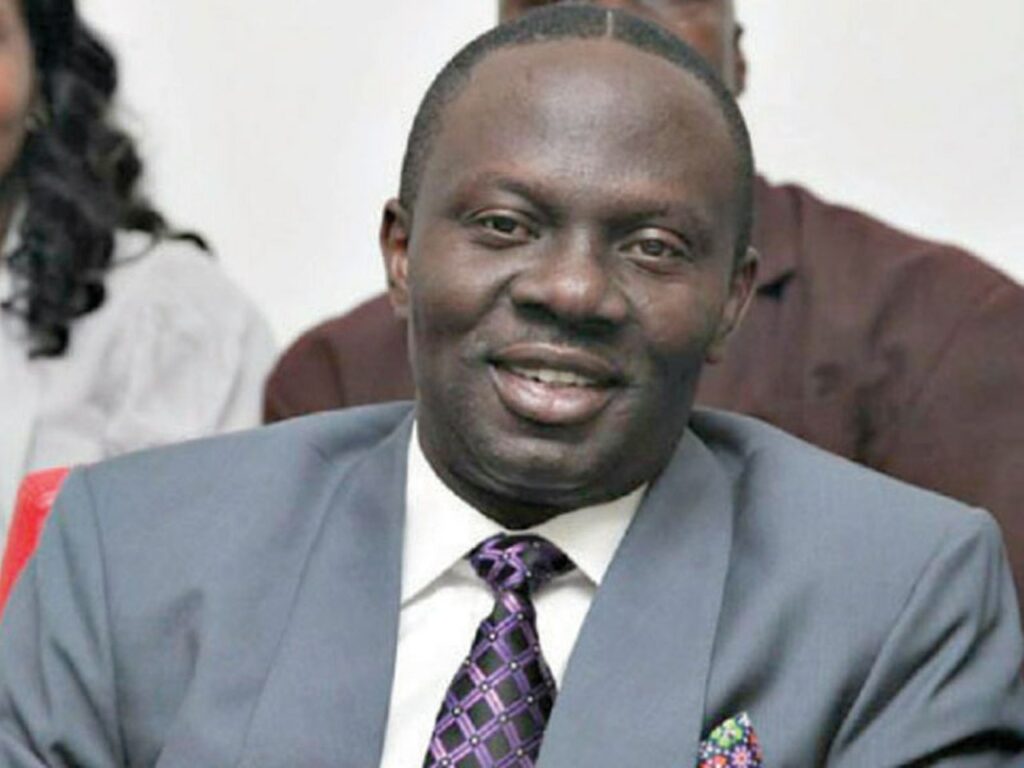Last week, I promised to share some of your heartfelt responses. Unfortunately, space constraints will not allow me to publish all at once, but rest assured, I will continue to feature your voices from time to time. Thank you for staying with us.
Bridging Divides, Not Burning Them
From a reader in Suleja, Niger State
Dear Hajiya Mairo,
Permit me to reference your powerful write-up on the unfortunate incident in Uromi, Edo State. It was indeed a national tragedy—a chilling reminder that in an era where the world strives for peace and progress, we must not regress into the darkness of violence and disunity.
I stand with you and all well-meaning Nigerians in condemning the senseless killing of innocent souls. May Allah grant them eternal rest and the highest ranks in paradise.
At this critical point in our national history, we must embrace a pacifist approach, reorienting our people on the natural bonds that connect our diverse regions. Your article masterfully highlighted the peaceful coexistence between northerners and southerners in northern Nigeria. It is this kind of unity we must preserve and propagate.
As a South-Westerner who has lived in the North for nearly three decades, I consider it my second home. The relationships I’ve built here are warm and enduring. That’s why I believe it’s time we form a pressure group to echo your message—especially to those who have never crossed the bridges linking North, South, East and West.
Ignorance of one another’s cultures and realities fuels mistrust. But if we recognise that our diversity is not a curse but a source of strength, perhaps we can start healing this fractured nation.
Recently, I watched a video of Senator Umar Sani of Kaduna encouraging Fulani youth to rebrand the public perception of their ethnic group. It’s a promising start. We need more of such reorientation efforts to reshape our cultural and political narrative.
Might it be time to consider a national body focused on promoting social, ethnic, and religious tolerance in Nigeria? It could be our modest contribution to building a resilient and united nation.
We need each other to lift Nigeria.
May God bless our country.
Our Nation Is Bleeding
By Ndubueze Kingsway C. H.
Dear Sister,
I read your column on the Edo killings and was deeply moved. Your stance on peaceful coexistence among Nigerians is commendable.
Let us not be deceived—this crime against humanity transcends ethnic divides. From Kaduna-Abuja expressway to the forests of Ebonyi, Plateau, and Benue, blood is being spilled with alarming frequency.
Our dear nation is bleeding. We need more voices like yours to raise awareness and speak truth to power. The enemy is no longer a foreign invader—it may be lurking within our institutions and parastatals.
Nigeria is not safe anymore, but I believe God will see us through. Keep up the good work. God bless you.
Surviving the Peace
By Paschal Nkachukwu
I keep asking myself—has human life become so valueless? Has blood become so cheap that at the slightest provocation, it is spilled without hesitation?
The murder of the 16 hunters in Uromi is deeply tragic. But for what? Greed? Rituals? A twisted lust for wealth?
Even in biblical times, some kings sacrificed their own children to idols during war. But we’re not at war. This is not about victory. This is cold-blooded murder—an affront to God, who never demanded such cruelty.
Have they thought of the broken homes, the shattered destinies, the children left homeless?
Reading Cyprian Ekwensi’s Surviving the Peace, one realises that surviving war is only half the battle. Surviving the aftermath—the loss, the trauma, the rebuilding—is an even greater task.
I was born during the closing years of the Nigerian Civil War. Many from my generation, born in 1967 to the early 70s, never saw battle firsthand. Yet, some of us call for war today without understanding its horrors.
Leaders who have tasted the bitterness of war should know better than to fuel such fires. But sadly, they send the young to fight, to die. And for what? Ego? Politics?
Humour me: I ‘participated’ in the war too—as a baby. My mother tells how soldiers came to seize our only mattress, but when they saw I had wet it, they abandoned it in disgust. That, I suppose, was my contribution to the war effort.
If you study the Bosnia-Herzegovina conflict, you’ll find that post-war, their leaders took a drastic step: outlawing the teaching of that dark chapter in schools. They chose to bury the hatred and move on.
Why do men love bloodshed? I once asked God. His answer was simple: “It is the collective will of men—to do good, or to do evil.”
Have Your Say
Your voices matter. Your thoughts shape the nation. Keep them coming via email—we’re building this column together, one honest reflection at a time.
Till next week,
Mairo Muhammad Mudi
mairommuhammad@gmail.com





